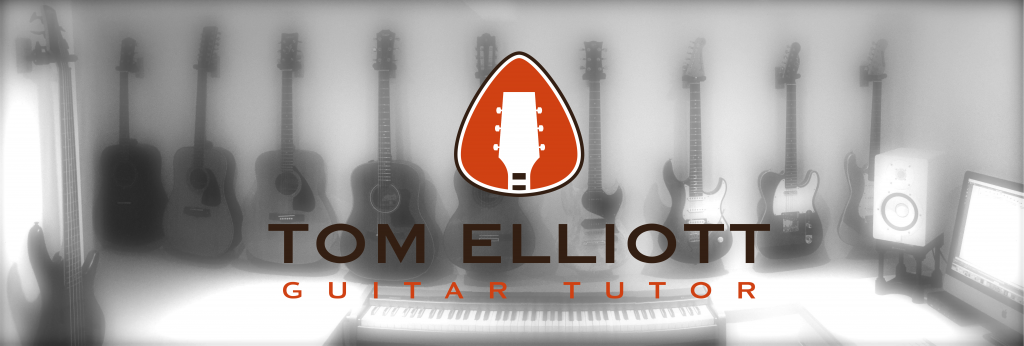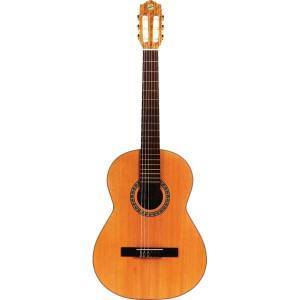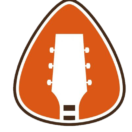
GETTING STARTED
HOW DO I GET STARTED, WHAT GUITAR SHOULD I BUY, IS THE GUITAR I BOUGHT ANY GOOD!
The most important aspect to begin the guitar is having an instrument to play on, when starting out it really does not matter what type of guitar you play. Essentially there are only three types of guitar.

Classical:
A hollow bodied guitar with 6 nylon Strings and a short wide neck, typically 12 reachable frets. No amplifier needed.

Acoustic:
A hollow bodied guitar with 6 metal Strings with a longer and narrower neck, typically 14 t0 16 reachable frets. No amplifier needed.

Electric:
Commonly a solid body guitar with 6 strings (usually steel) with a long narrow neck, typically 20 to 22 reachable frets. Requires an amplifier.
There is no hard and fast rule which guitar you start on, and each has its advantages and disadvantages, but as a simple rule if you have a clear idea of the type of music you want to play, this will help you choose your guitar. For example:
- If you like Spanish and Flamenco styles you will want a classical guitar.
- If you like Folk and Country then an acoustic would be best suited to your needs.
- If you want to play heavy rock, rock and roll and similar styles, you might want to opt for an electric guitar.
- If you have really no idea and cannot decide, get an acoustic guitar as this will satisfy all criteria when you start.
When you go to buy the guitar you like do not look for the ‘best guitar’ there is no such thing. Avoid the top end prices and dirt cheap ends of the market, bear in mind that expensive does not always mean better, and cheap does not always mean rubbish. Every guitar is different and there are some fantastic guitars for reasonable money.Look for sound quality and tone before looks, cosmetics can be important and not totally disregarded, but play ability is ultimately what is important.
Before you buy get advice, speak to your local guitar shop, go to different shops, speak to a guitar technician, ask a guitar teacher. If you have a guitar already show any of the above and get their opinion.
The benefits of having a good tutor is that they will help you, they might loan you a good usable guitar to get you started before you invest. They will advise on strings, condition and may even come with you to help you make your choice. You will never forget your first guitar and may well treasure it and never part from it.
There are 4 basic checks you can make when looking at buying any guitar whether it is new or second hand:
Condition:
Bumps, knocks and scratches and minor cracks are usually cosmetic and do not affect the sound or quality. Strings may be tarnished and rough, these must be changed, but does not mean that the quality of the guitar is poor.
Avoid any guitar with deep cracks, gouges in the fret board, where metal parts rusted or are heavily tarnished, any loose parts such as saddles, nuts and bridges, these should be firmly glued to the body of the guitar. The neck should be solidly attached to the body of the guitar, look across the neck of the guitar horizontally, if there is any considerable bowing in or out, avoid this guitar, the neck is severely warped and would need replacing.
Tuning:
Your guitar needs to stay in tune when you play it. Poor quality instruments are difficult to tune and go out of tune very quickly. You will get frustrated and lose enthusiasm very quickly, if your guitar cannot hold its tune.
Intonation:
A bit like tuning, but concerns how well the guitar holds its tone and pitch up the neck. A poor guitar will go out of tune on the higher notes of each string.
The Action:
The action is the size of the gap between the string and fret board. As a general rule the lower the action the easier it is to play. Things to note here are if the action is to low, pluck a string and if it rattles, buzzes or is dull in sound chances are the action is way too low and unplayable without professional adjustment. If the action is too high, you will need to press really hard to get a note, this is tiring and makes learning much harder, this can be fixed by a professional, but avoid if there is any doubt.

